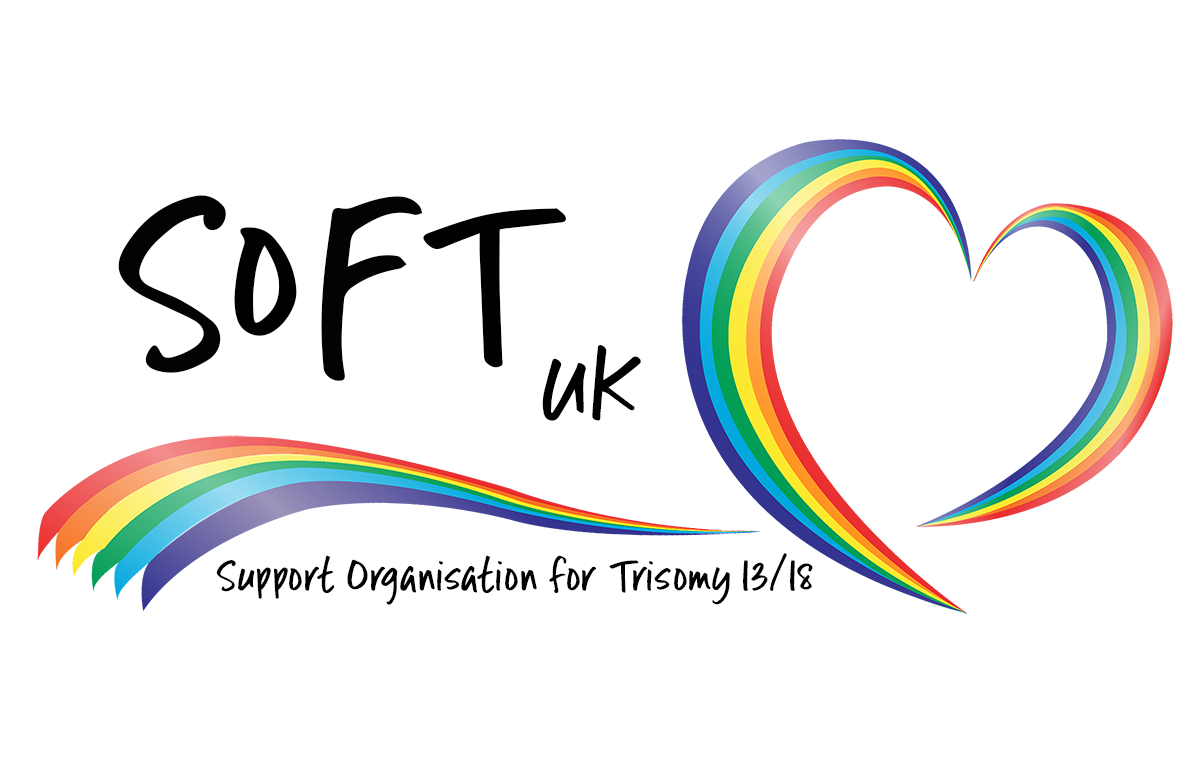Are Trisomy 13 Babies Active in the Womb?
Expecting a baby is a time filled with curiosity and wonder, and one of the most exciting milestones for parents is feeling their baby move in the womb. These movements, often called "quickening," provide reassurance that the baby is growing and thriving. However, when a diagnosis like trisomy 13 is introduced, parents may have questions about what to expect, including whether their baby will be active during pregnancy.
Understanding Trisomy 13
Trisomy 13, also known as Patau syndrome, is a rare genetic condition caused by the presence of an extra copy of chromosome 13. This condition affects development and can result in a range of physical and medical challenges, including heart defects, brain abnormalities, and growth restrictions.
Fetal Activity in Trisomy 13
Like all babies, those with trisomy 13 can exhibit movements in the womb. The level and pattern of activity depend on several factors, including the baby's overall health, the severity of the condition, and the stage of pregnancy.
First Movements: Most parents begin to feel fetal movements between 18–25 weeks of pregnancy. These early flutters may be similar for trisomy 13 pregnancies compared to those without the condition.
Later in Pregnancy: As the pregnancy progresses, movements may vary. Some parents of babies with trisomy 13 report normal levels of activity, while others may notice less frequent or less vigorous movements. This variability can be due to medical complications, such as reduced muscle tone or restricted growth, which are common in trisomy 13.
Factors That Can Influence Fetal Activity
Amniotic Fluid Levels: Too much or too little amniotic fluid, often seen in trisomy 13 pregnancies, can affect how movements are felt.
Placenta Placement: Anterior placenta (when the placenta is positioned at the front of the uterus) can make it harder for parents to feel movements, regardless of the baby's condition.
Health of the Baby: Complications such as heart defects or underdeveloped muscles may contribute to less active or more subtle movements.
When to Seek Guidance
Fetal movements are a key indicator of your baby’s well-being, so it’s important to monitor them as advised by your healthcare provider. If you notice a significant decrease or change in movements at any stage, reach out to your doctor or midwife promptly. They may recommend an ultrasound or other tests to assess your baby’s health.
